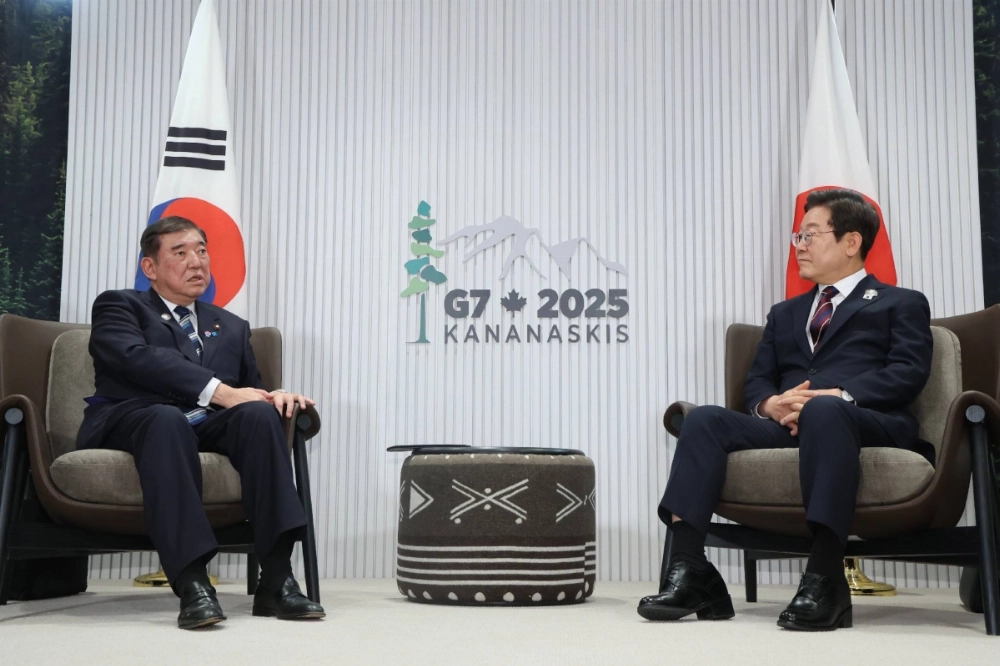The election of Lee Jae Myung as South Korea’s president has returned inter-Korean diplomacy to the regional spotlight.
While Lee has yet to lay out a fully detailed roadmap, his early messaging pointed to a more cautious and conditional posture toward North Korea, with the goal of balancing deterrence with measured opportunities for dialogue. This recalibration in Seoul presents Japan with both a challenge and an opportunity.
With Tokyo’s diplomacy toward Pyongyang long stalled since the collapse of the 2014 Stockholm Agreement, Japan now has a narrow window to reconsider whether bilateral engagement is still possible. And more importantly, Japan must critically think about how it could be done differently this time. To do this, Japan must re-evaluate its tools at disposal, study the limitations of its past approach and craft a more pragmatic strategy grounded in structure that can back up its intentions.


















With your current subscription plan you can comment on stories. However, before writing your first comment, please create a display name in the Profile section of your subscriber account page.